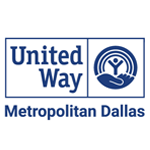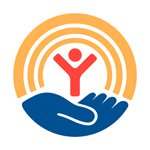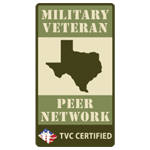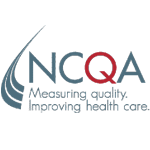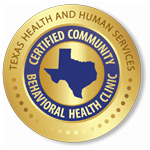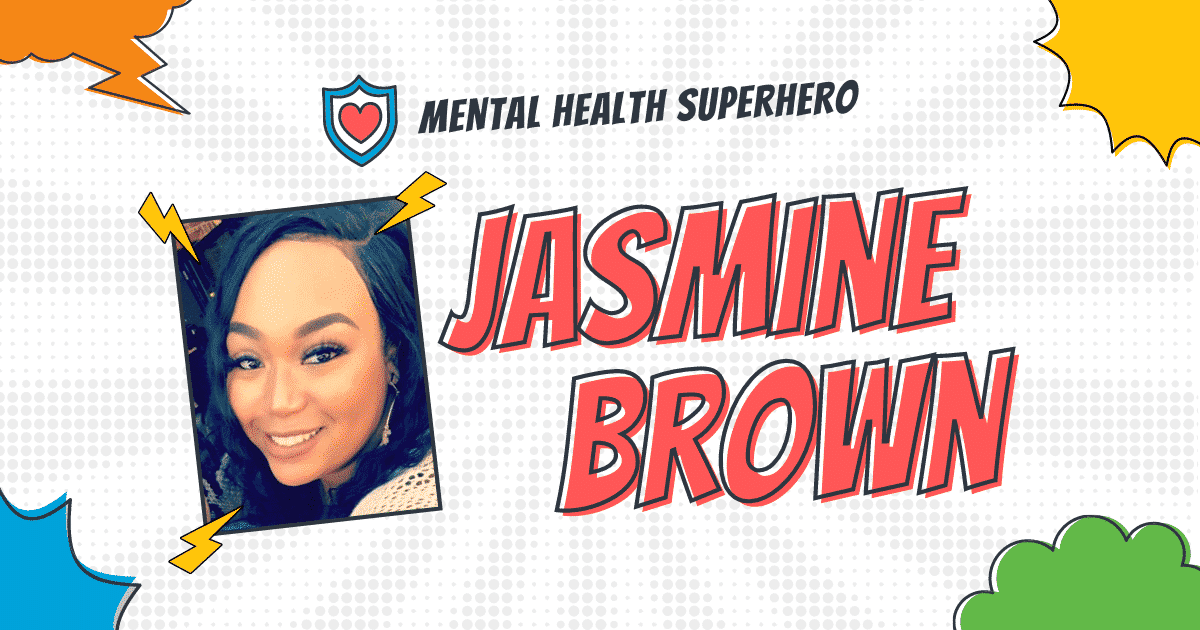
September 01, 2020
Meet Jasmine Brown
M.S., LPC-Intern. Clinical Manager V
- What is your role at Metrocare?
I directly oversee the Lancaster Kiest Adult Outpatient Clinic as well as the Early Onset Program.
- What is the favorite part of your job?
My favorite part of the job is seeing growth and a restoration of hope within our clients. I feel deeply humbled to be able to be apart of making change within the lives of individuals in need. Metrocare Services provides a refuge and safe haven for our community. Being apart of this change is something that cannot be measured in words.
- In your opinion what is your mental health super power that you offer to those you serve?
Unconditional Positive Regard! I believe in providing a safe place for our individuals to come when they have no where else to turn. I pride myself on being nonjudgmental and also finding a solution to every problem. Empathy, love, and compassion can change the life of someone in need.
- Why do you choose Metrocare?
I chose Metrocare Services because I believe in the mission and I believe in what we do. Metrocare provides holistic services and supports to our community. Metrocare’s goal is to not only provide the best mental health and IDD services; we take it a step beyond that help the client in every aspect of their life. That is real change.
- Can you provide a brief success story with how you’ve help impact someone life?
A client was referred to me while he was finishing up an inpatient detox program. The client has a history of suicidal ideation, a lack of natural supports, and he has actively used substances for almost half of his life. When I received the case, I was told that he may stop by the clinic to meet with me to begin services. 2 days later he showed to the clinic and asked for help with no where else to turn. He stated that he had no where to go and was scared to discharge from inpatient detox because he might use again. I immediately got into action mode. My goal was to collaboratively create a plan of care with the client, to determine how Metrocare can best support him in his recovery. The same day, we were able to locate permanent housing with a licensed boarding home, he received crisis intervention services to prevent him from any future attempts of self harm as well as a action plan to remain sober. He was also enrolled in our IOP classes to continue the road to sobriety. He actually met with the lead LCDC same day so he could begin to build a rapport with her and feel comfortable in classes. He also received an intensive case manager to link him to community resources and supports weekly, as well as remaining stable in the community. Before leaving the clinic, he cried and thanked me for “giving me hope and a chance at life again”. Every week after for the next few months, he attended every IOP class, every group held at the Lancaster Keist clinic, he remained sober, and active in his recovery. He came to my office after a group one day and wanted to thank me for believing in him and listening when he felt others had given up. He also thanked Metrocare for providing him with a home for his first time in years. He obtained a job and even purchased a car months later. He was given a second chance at life because of Metrocare’s mission and the holistic services we provide. He is just one of the many examples of how someone’s life can be changed because of compassion and empathy.
- In your role, what are you seeing around Dallas as it relates to the need for mental health services and how can donors support these efforts?
I believe the first way of implementing change and more connection to mental health services is to educate our community on mental health. There are so many stigmas and stereotypes tied to receiving mental heath services. We combat this with education and outreach. Education and outreach starts with our community leaders, officials within Dallas County, and our donors. We have to go to the areas where services and supports are needed. This change does not happen behind our computer or in our office space. There are so many people who need us, but they just don’t know how to start the process or where to go. Working together with donors for financial support can contribute to this process so we have the resources needed to touch as many lives as possible.
Stay connected
Sign up for our newsletter

